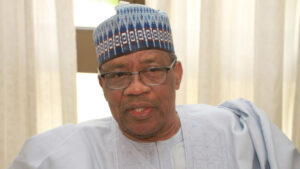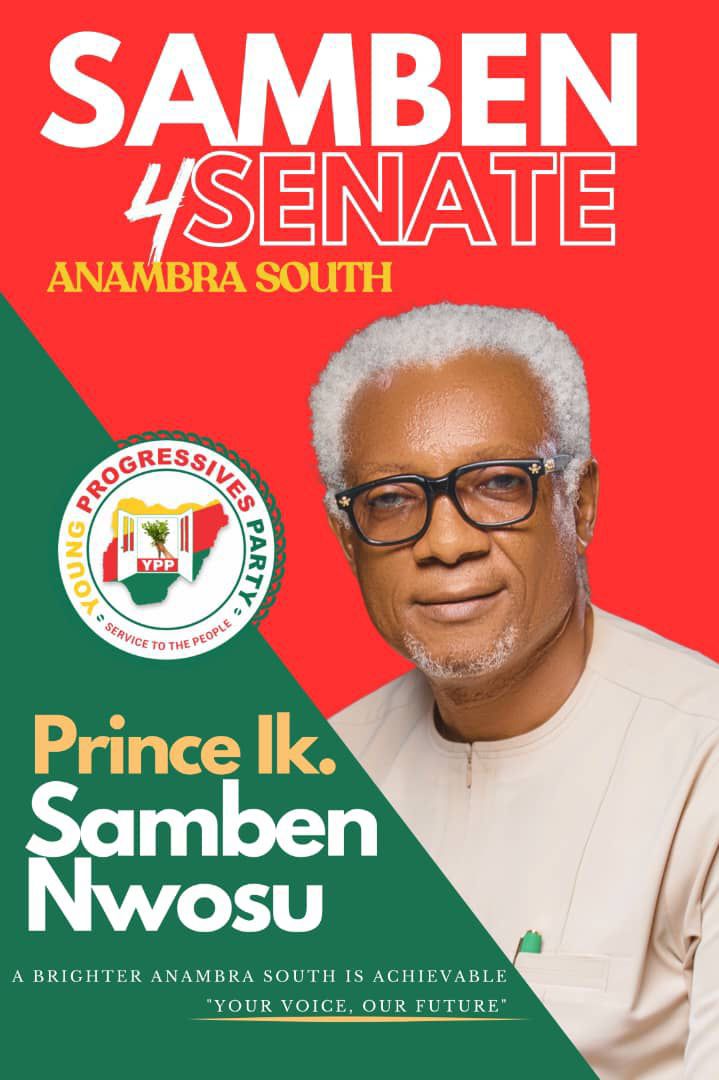
Babangida reveals Abacha s role in June 12 election annulment denies authority
Former military president, Ibrahim Babangida, has finally opened up about the controversial June 12, 1993, presidential election annulment by his regime.
The election, widely regarded as Nigeria’s freest and fairest, was won by Chief MKO Abiola of the Social Democratic Party (SDP).
However, its annulment plunged the nation into political turmoil, with many blaming Babangida for denying Nigerians their democratic choice.
In his newly released autobiography titled “A Journey in Service,” presented in Abuja on Thursday, Babangida revealed shocking details about the annulment.
According to TheCable, the former leader claimed he was in Katsina when news of the annulment broke—without his knowledge or approval.
Babangida alleged that the move was orchestrated by powerful forces within the military, led by then Chief of Defence Staff, Sani Abacha, who would later seize power and rule as military head of state.
Babangida, who had delivered a national broadcast on June 24, 1993, to formally announce the annulment, claimed that Abacha had grown too powerful within the factionalised military, making it nearly impossible to remove him after stepping down from office in August 1993.
Abacha’s grip on power tightened further when he ousted Ernest Shonekan’s Interim National Government in November 1993 and later detained Abiola for declaring himself president.
‘Abacha Led the Anti-June 12 Forces’
Babangida recalls giving the chairman of the National Electoral Commission, Professor Humphrey Nwosu, a direct order to proceed with the elections despite mounting tensions.
“Go ahead with the elections. Go to your office, hold a world press conference and tell everyone the elections will be held tomorrow as planned,” he said he directed the electoral commission boss.
Yet, just four days later, Nwosu abruptly stopped the announcement of results—an action Babangida insisted was carried out without his prior knowledge or approval.
“And then, on June 16, without my knowledge or prior approval, NEC Chairman, Professor Nwosu, announced the suspension of the June 12 election results ‘until further notice’.
“I knew instantly that certain fifth columnists were at work and that there was a need for extra care! And even after that suspension of the announcements of results, ABN obtained another ‘strange’ court order from Justice Saleh’s court in Abuja, stopping the release of the results of the elections,” he continued.
On June 23, 1993, Babangida left Abuja for Katsina to condole with the Yar’Adua family over the passing of their patriarch, Musa Yar’Adua, a former minister of Lagos affairs and father of the late President Umaru Yar’Adua.
He added, “The funeral had taken place, and as I got ready to leave, a report filtered to me that the June 12 elections had been annulled.
“Even more bizarre was the extent of the annulment because it terminated all court proceedings regarding the June 12 elections, repealed all the decrees governing the Transition and even suspended NEC!
“Equally weird was the shabby way the statement was couched and made. Admiral (Augustus) Aikhomu’s press secretary, Nduka Irabor, had read out a terse, poorly worded statement from a scrap of paper, which bore neither the presidential seal nor the official letterhead of the government, annulling the June 12 presidential elections. I was alarmed and horrified.”
Babangida admitted that while annulment had been discussed as one of several options, it was never meant to be executed in the manner that unfolded.
“Yes, during the stalemate that followed the termination of the results announcement, the possibility of annulment that could lead to fresh elections was loosely broached in passing. But annulment was only a component of a series of other options.
“But to suddenly have an announcement made without my authority was, to put it mildly, alarming. I remember saying: ‘These nefarious ‘inside’ forces opposed to the elections have outflanked me!’ I would later find out that the ‘forces’ led by General Sani Abacha annulled the elections.
“There and then, I knew I was caught between ‘a devil and the deep blue sea’!! From then on, the June 12 elections took on a painful twist for which, as I will show later, I regrettably take responsibility.”





